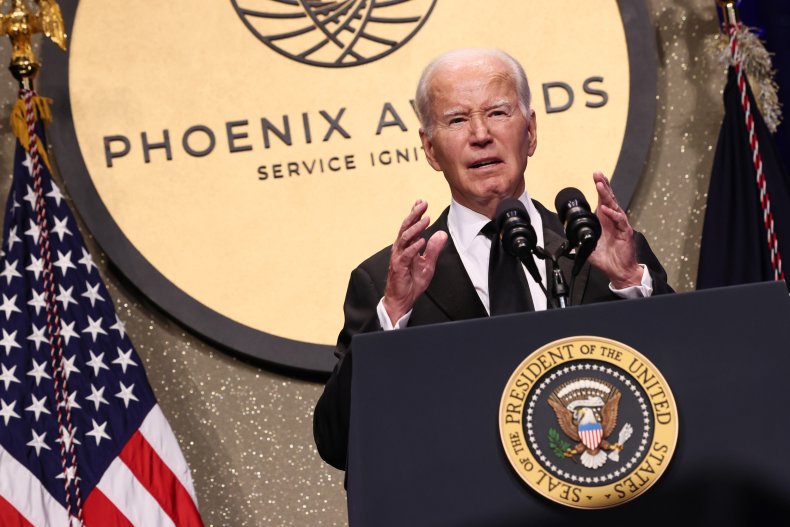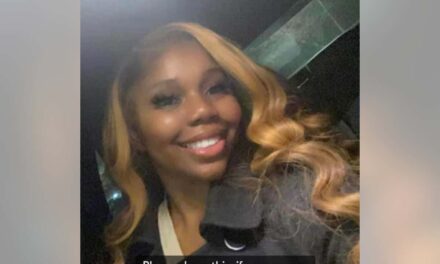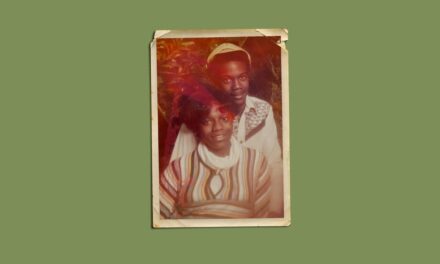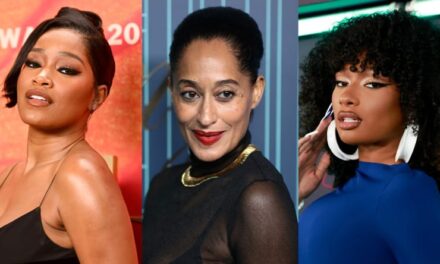An increasing number of polls are showing growing dissatisfaction with the prospect of Joe Biden running for a second term among Black voters, as his administration looks to court the vital voting bloc ahead of the 2024 election.
A new NBC poll, released on Saturday and conducted between September 15-19, found that the president’s job approval rating had slipped from 80 percent in 2021 to 63 percent among Black voters. The same survey, of 1,000 registered voters, found Biden still holds 76 percent of the Black vote to 14 percent in favor of former President Donald Trump in a likely match-up.
A Democratic candidate for president has traditionally needed the Black vote to win, and the signs of discontentment among the caucus come as national polls portray a widening gap in voter sentiments between Biden and Trump, the Republican frontrunner. A recent ABC/Washington Post poll put the incumbent 10 points behind his predecessor.
When Biden ran in 2020, he attracted 92 percent of the Black vote, compared to just eight percent for Trump, according to analysis by the Pew Research Center.
Newsweek approached the Biden campaign via email for comment on Tuesday.

Getty Images/Jemal Countess
While Biden maintains overall support among Black voters, there is growing evidence to suggest a disconnect with the younger generation.
A recent survey by the American Enterprise Institute found that 57.9 percent of Black Americans aged 18-49 approve of Biden nearly three years into his first term, compared to 78.9 percent among those aged over 50.
When asked whether they preferred the incumbent president as the 2024 Democratic nominee (when presented with a list of potential candidates), just 20.9 percent of the younger group wanted him to run for a second term, while 50.5 percent of the older generation were in favor of another Biden ticket.
The president has been plagued by concerns about his age among the wider electorate. At 80, he is the oldest serving president in U.S. history, but has brushed off concerns about his physical and mental health, stating in 2022: “I no more think of myself as being as old as I am than a fly.”
Meanwhile, a poll of 702 Black women voters, conducted between July 11-14 on behalf of The Highland Project, found support for Biden was “behind his 2020 support levels by double digits,” down to 70 percent from 90 percent in 2020. The Black women’s coalition for change found support for the president was even lower among Generation Z/millennial voters, with 58 percent supporting him.
Prominent issues for Black voters cited often in the polling were gun violence and discrimination, reproductive rights and student debt. While the Biden administration has made overtures to tackle these issues, it has been hamstrung by Congress and the courts.
“Young Black voters tie their activism and their participation to culture,” Adrianne Shropshire, executive director of the BlackPAC, told The Hill. “There’s a cultural element to political engagement and political activation in the Black community.”
Apparently aware of this waning support, at the start of September, the White House announced that Vice President Kamala Harris would embark on a month-long tour of academic institutions across at least seven states with historically diverse student populations.
In a statement, she described the generation as “critical,” adding: “My message to students is clear: We are counting on you, we need you, you are everything.”




